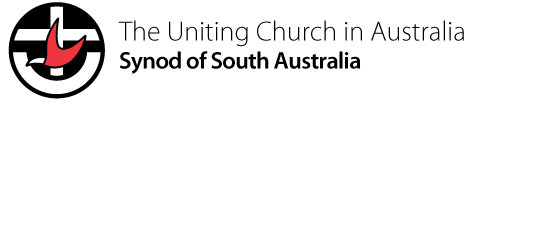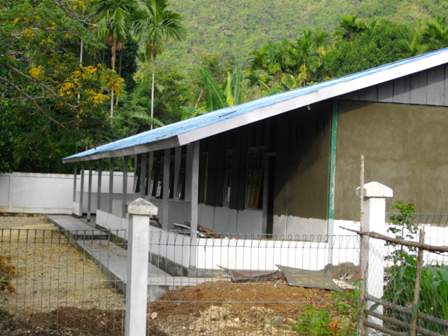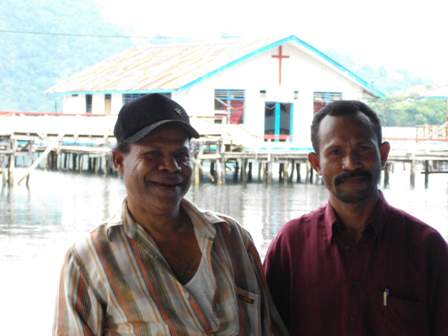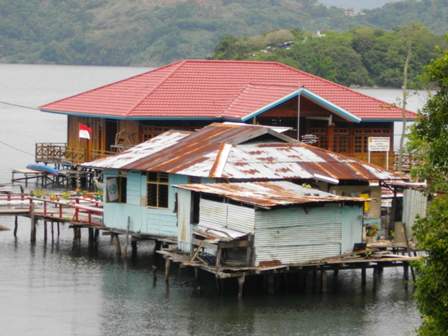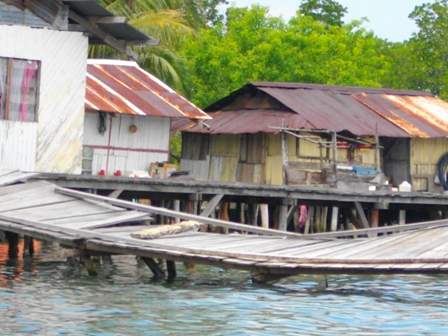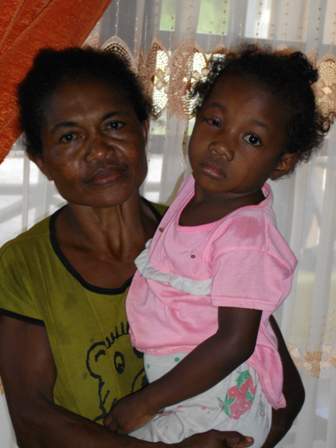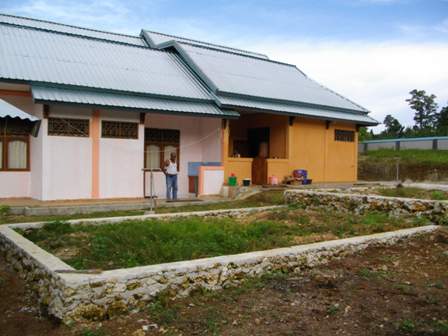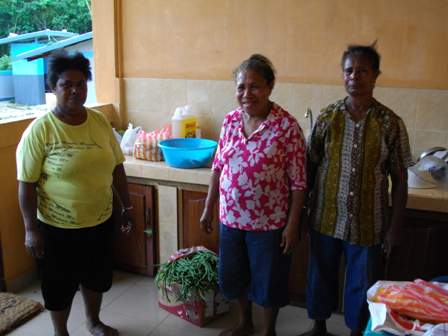About Papua
Papua is the easternmost province of Indonesia Unlike most Indonesians, indigenous Papuans are Melanesian and the vast majority are Christian. Papua only became part of Indonesia in the 1960's when it was annexed to Indonesia. The Papuan people were given an opportunity to decide whether they wanted to be a part of Indonesia in the "Act of Free Choice" in 1969, something which remains controversial to this day with allegations of intimidation and harassment. Many Papuans refute this decision and there have been various independence movements, which have been met with military crackdowns. Allegations of human rights abuses are rife and the rising loss of life is concerning. Since 1963, an estimated 100,000 Papuans have died as a result of the activities of the armed forces and the militias.
“We can’t remain silent anymore”
Another controversial policy of recent times has been transmigration, where people from more heavily populated regions of Indonesia are moved to less densely populated regions, such as Papua, often by the hundreds every week. As a result of transmigration and spontaneous migration, the indigenous population of Papua will be soon outnumbered by non-indigenous. The economy is dominated by non-indigenous people and Papuans feel increasingly marginalised in their own land.
"Shedding of blood must end - there is more to life than being killed"
Papuans live in the midst of uncertain times and are concerned about what the military is doing, through intimidation, harassment, torture and murder in an attempt to prevent Papuans from having a voice, to provoke conflict between Christians and Muslims or an attempt to slowly break down society.
The Evangelical Church in the Land of Papua, more commonly known as the GKI, remains committed to Papua being a land of peace. An integral component of this becoming a reality involves an open, honest, peaceful and genuine dialogue with Jakarta. To have their voice truly heard and for action to become evident, for alternatives to violence to be found and for the rights and dignity of all Papuans to be respected would be more than an answer to prayer.
“It is vitally important for others to help us”
Along with being committed to Papua being a land of peace, a high priority of the GKI also involves unity. Papuans see themselves very much as "one people – one soul." Together as one people – as brothers, sisters and equals, they see there is a way forward. Christians in other parts of Indonesia, especially through the Indonesian Communion of Churches, are also active in defending Papuan rights and putting pressure on the Indonesian government.
“It is time for the church to speak out”
Uniting World, strives to support the GKI through advocacy, solidarity visits, raising awareness, meetings with members of parliament, networking with various organisations and church groups and supporting applications for key leaders and ministers to receive respite in Australia. The Synod of South Australia also partners Uniting World with these endeavours, especially as we work closely with the Presbyteries of Biak and Numfor, both remote islands in Papua
"We are seeking a constructive way forward...for many years my peoples have been slaughtered by the security forces...every time we mention independence they simply shoot at us"
